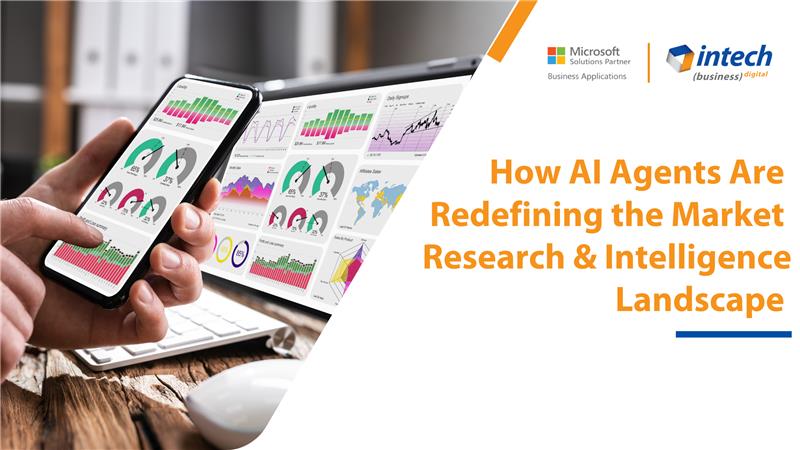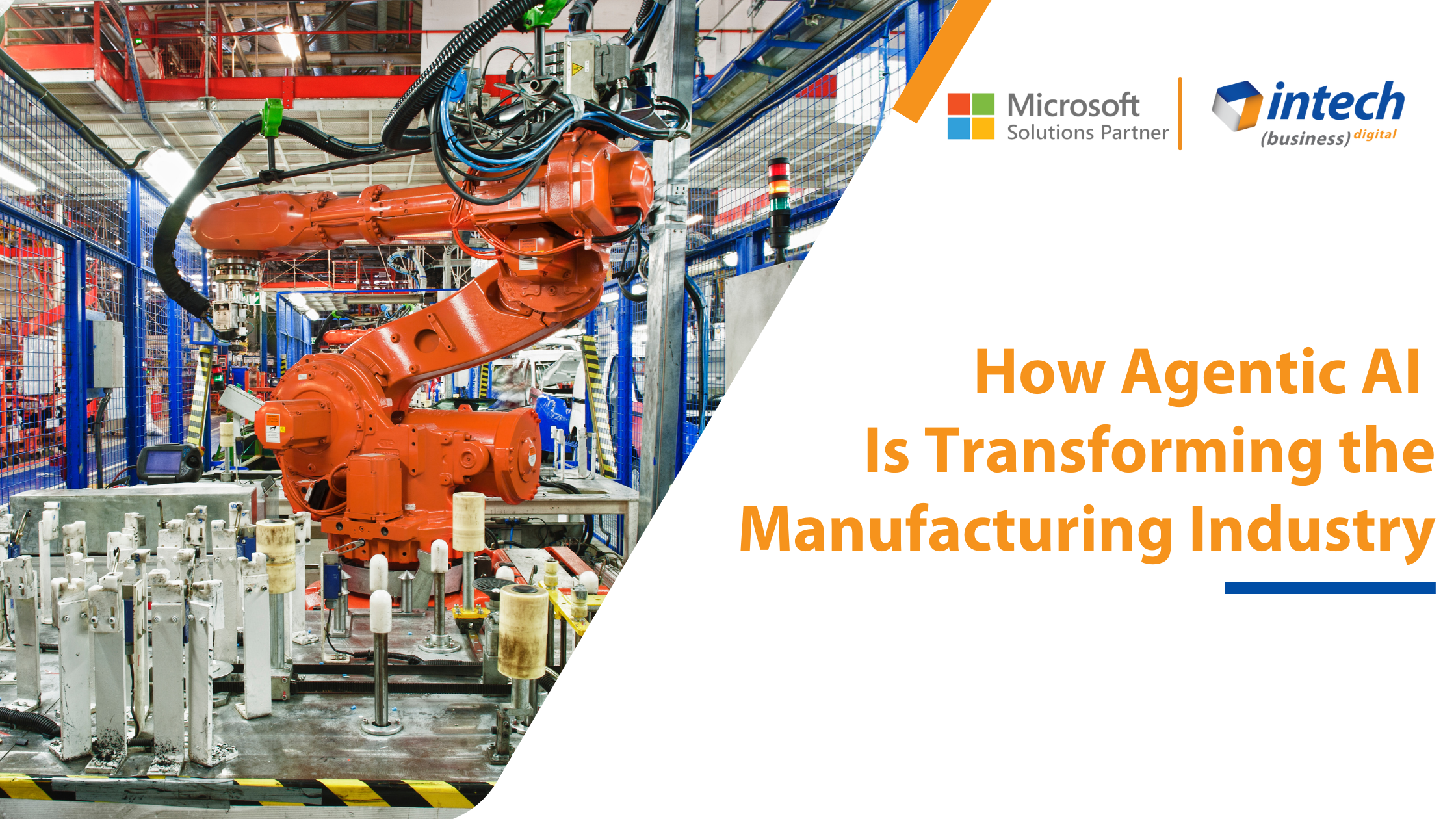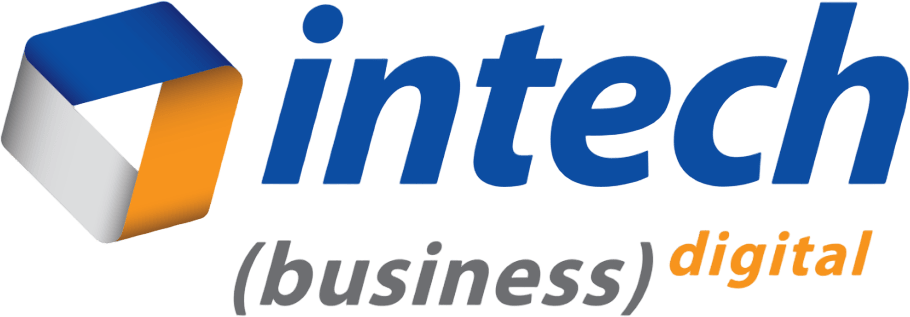How Does an ERP System Work?
A company’s goals and future points are always to grow. With growing sales, there is enumerate growth in challenges, work, team, and hierarchy. That’s where the difficulties knock on the door. Just imagine how exciting it is to crack the one on one deals back to back and you are filling the working bucket with extreme deadlines involving different levels of the team. How would you be able to manage all the team members, work with deadlines and hierarchy checks?
Knock Knock! ERP arrived. Undoubtedly you need an ERP, an Enterprise Resource Planning system to keep track and organize key business information. It is a type of software that various organizations use to manage their day-to-day business activities like accounting, procurement, project management, risk management and compliance, and supply chain operations.
What is ERP (Enterprise Resource Planning)?
Enterprise Resource Planning is software to organize your workflows and business-oriented planning. It allows an organization to manage its business processes using a streamlined relational database. It allows the organization to overview its key functions. It simplifies the collection of cluttered data from a single resource and eliminates duplicate data duplication.
ERP rapid evolution
In the late 1960s, computerized business applications were introduced for the department of accounting and finance worldwide that uses mainframe computers. These pioneering applications were way faster and more accurate than usual & manual processes – but were slow, expensive, and limited in functionality.
In the mid-1980s, when the competition in the manufacturing sector was exploding, new tools were in demand. By the end of the 1990s, ERP was introduced and transformed the entire technology sector by serving a high range of industries and combined MRP II, human resources, project accounting, and end-user reporting to make the procedure easier.
By the initially 21st century, faster internet speeds and new development tools again revolutionized ERP suites. Today, in the era of the biggest digital transformation ever, whether it’s small or big, every business is increasingly relying on AI technology and other innovations to automate their business processes and stay highly competitive.
How does it work?
Every ERP module priorly focuses on one business area. One can easily combine different modules to meet the organization’s needs, be it finance, sales, human resources, or logistics. There are also other industry-specific modules, right from manufacturing to retail. Each module is usually licensed separately, so companies can pick and choose the functionality accordingly and can add on & scale as needed.
An ERP (Enterprise Resource Planning) software allows the integration of several business applications and activities that enables the system to cater to most of the processes and departments. Most importantly, this gives the organization, the liberty of listing down the necessary functional modules of ERP software.
Following are the structure that ERP benefits the business.
Accounting and Finance
- General Ledger
- Accounts Payable
- Accounts Receivable
- General Journals
- Trial Balance and Financial Reporting
- Bank Reconciliation
- Cash Management and Forecasting
- Budgeting
Manufacturing and Distribution
- Sales, Purchasing and Tracking shipments
- Track by Lot and Serial numbers
- Track Quality Tests
- Warehouse Management functions
- Conversion Tracking
- Tracking Labor, Overhead, and Other manufacturing costs
- Provide the total cost of production
Sales
- Order creation
- Sales order processing
- Purchase order processing
- Online sales
Service Management
- Easy monitoring and tracking of post-sales services
- Warranties
- Service Contracts
- Analysis of lifetime product costing
Why does an organization need an ERP system?
Take the ERP system as the brain of your organization’s technology system. A company cannot function without a proper ERP system as it integrates all the aspects of a business including product development, manufacturing, marketing, and sales.
- Money saver
- Collaboration & productivity improvement
- Better analytics
- Simplified compliance and risk management
- Improvement production planning and resource management
- Enhance competitiveness
Have a look at some of the advantages of ERP
According to the different industries, any modern Enterprise Resource Planning system will have a long list of software features. Look out what top characteristics every organization should have:
- Tailored data from multiple sources.
- Day-to-day information and alerts, with self-service reporting across all operations.
- Visual presentation of the information with easy view dashboards, KPIs, and analytics to assist in quick and informed decision-making.
- Quality and advanced business processes, like, automation with AI and machine learning.
Business Takeaways
Higher productivity: It helps majorly streamline and automate all the core business processes to help everyone in the organization.
Deeper insights: It simply eliminates unnecessary information, gains a single source of truth, and gets fast answers to mission-critical business questions.
Fast-track reporting: Looking for real-time performance trance and fast results, ERP is the solution.
Lower risk: It maximizes the business visibility and control, ensures compliance with regulatory requirements, predicts & prevents risk.
Simpler IT: By using integrated ERP applications that share a database, the organization can simplify information technology and provide an easier way to work.
Improved agility: With efficient operations and ready to access real-time data, one can quickly identify and attain new opportunities.
About Intech
Intech Systems is a three-cloud Microsoft-certified partner that boasts deep expertise in providing digital transformation solutions for organizations by leveraging the Microsoft 365, Dynamics 365, and Azure solution stack. Intech is recognized as a top-tier Microsoft implementation partner globally and specializes in transformative technology solutions such as ERP (Enterprise Resource Planning), CRM (Customer Relationship Management), Business Process Automation, Business Intelligence, Cloud Infrastructure, Data Management, Productivity & Collaboration and Generative AI (Gen-AI) solutions. As a trusted Microsoft Solutions Partner, we are capable of doing complex technology implementations catered to an organization’s specific needs & also rapid solution implementation such as our Microsoft Dynamics 365 Business Central implementation packages. We pair our implementations with end-to-end customer support, offshore development & 3rd party integrations. With offices in India, USA (United States of America), and Singapore, we work with clients across globe to empower businesses with cutting-edge technology solutions. Our latest services aim at delivering business ready AI solutions to the customer, like our Microsoft Copilot Consulting Services & Solutions for small, medium & large enterprises. Intech’s expertise lies in building software solutions for Manufacturing, Professional Services & Healthcare. Our Dealer Management System, Sales and Service CRM for Manufacturing, Field Force Automation for Pharmaceuticals and Manufacturing Central are some of our leading industry solutions. Intech’s vision is to catalyze digital futures for operation-centric industries globally, we are at the forefront of innovation, helping organizations drive growth and innovation like never before. Contact Us to learn more.
Recent Post




How can we help? - Talk to Dynamics 365 experts for your concerns
What's New

Top Reasons to Replace Dynamics GP with Business Central [2025]
Introduction: The clock is ticking for businesses still operating on Microsoft Dynamics GP. While it...

How AI Agents Are Redefining the Market Research Landscape
Do you know your competitors are decoding consumer behavior in hours using AI agents that...

How Agentic AI Is Transforming the Manufacturing Industry [2025]
Introduction Did you know that 91% of manufacturers are planning to increase their investment in...




